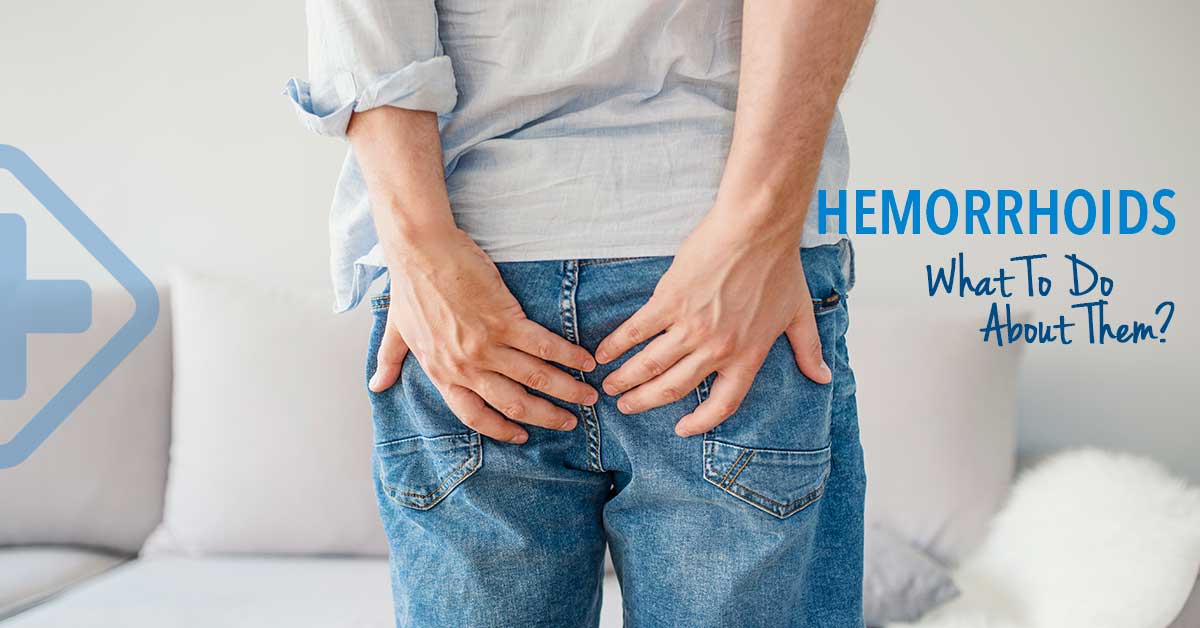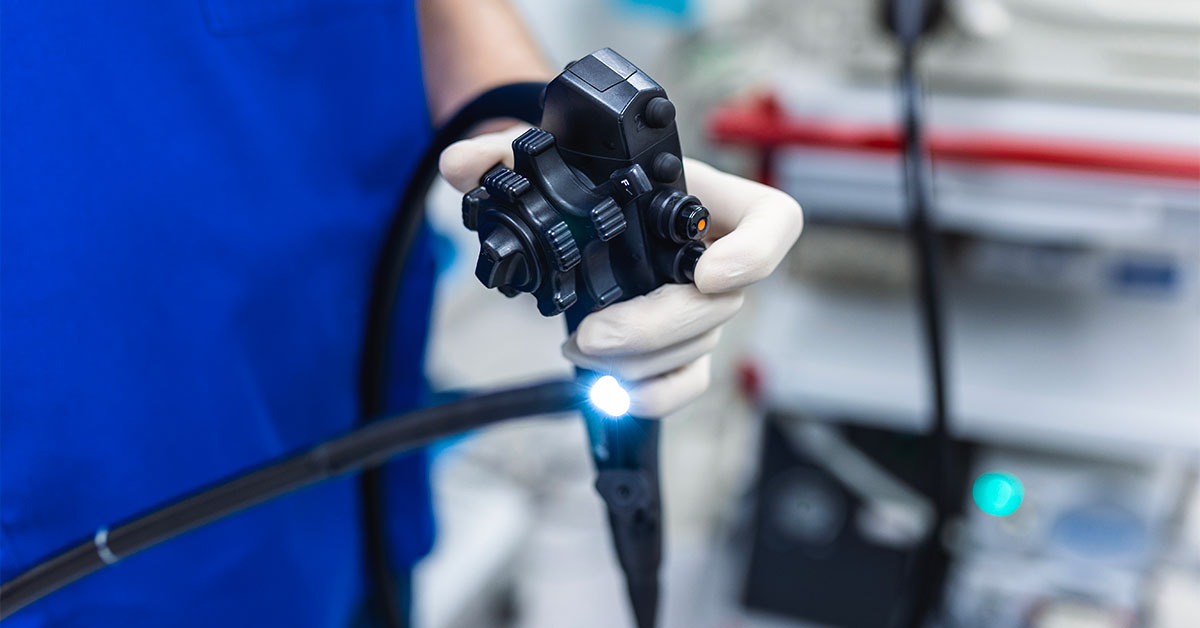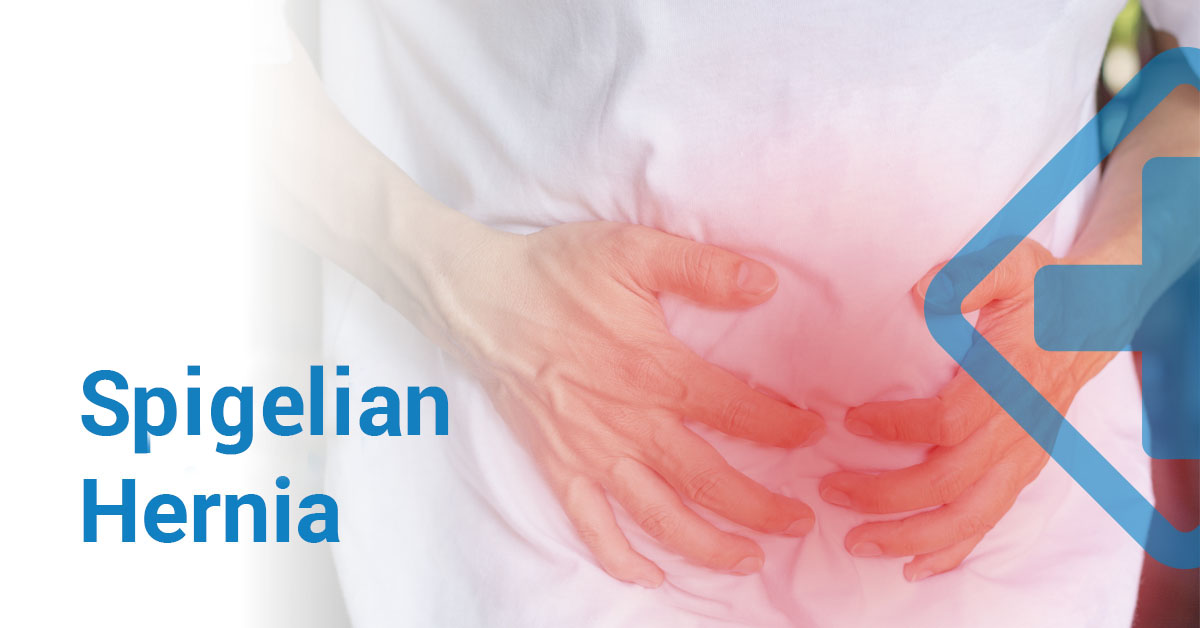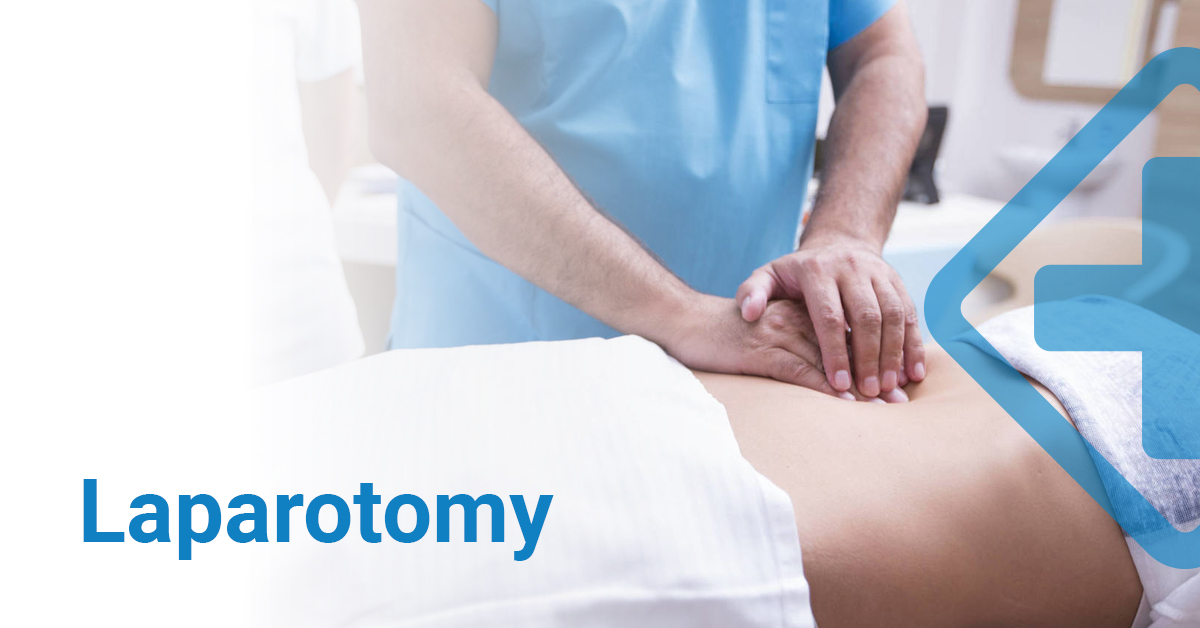
Gastrointestinal Bleeding
Gastrointestinal Bleeding is a digestive system disorder that requires immediate attention. Learn how you can prevent and treat it.
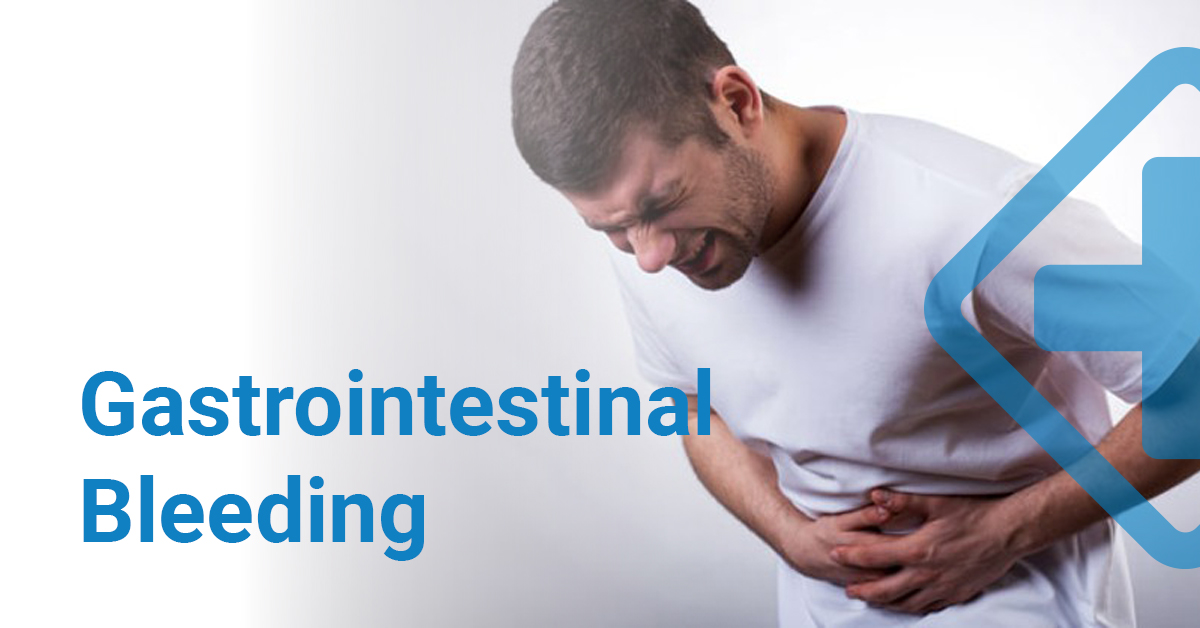
Gastrointestinal Bleeding is a disorder of your digestive system. Blood usually occurs in vomit or feces; however, it is not always evident. Bleeding can range from mild to severe and can even be life-threatening.
It is necessary to go to your doctor and have a diagnosis by images; these allow you to identify the cause of the Bleeding. Treatment will depend on the origin/cause of the Bleeding. Gastrointestinal Bleeding is classified in two ways: - High (acute), originates in the esophagus, stomach, or duodenum (first part of the small intestine) - Low, originate in the small intestine or colonCauses
Gastrointestinal bleeding occurs due to various factors, which can vary depending on the severity of the bleeding.
Bleeding from the upper gastrointestinal tract
Following are the most common causes:
Peptic ulcer. It is the most common cause of upper gastrointestinal bleeding. Peptic ulcers are sores that appear on the stomach lining and the upper part of the small intestine. Stomach acid can come from bacteria or the consumption of anti-inflammatory drugs, damages the lining, and causes the formation of sores.
Tears in the lining of the tube that connects the throat to the stomach (esophagus). These tears are known as Mallory-Weiss tears; they can bleed a lot. They usually occur in people who drink excessively.
Abnormally dilated veins in the esophagus (esophageal varices). This condition occurs more often in people with severe liver disease.
Esophagitis Inflammation of the esophagus, the most common cause, is gastroesophageal reflux disease.
- Diverticular disease. This disease causes the development of small bulging bags in the digestive tract (diverticulosis). When one or more of the bursae becomes inflamed or infected, the disorder is called diverticulitis.
- Inflammatory bowel disease This condition includes ulcerative colitis, which causes inflammation and ulcers in the colon and rectum, and Crohn's disease, an inflammation of the digestive tract lining.
- Tumors Non-cancerous (benign) or cancerous tumors of the esophagus, stomach, colon, or rectum can weaken the digestive tract lining and cause bleeding.
- Polyps in the colon. They are small accumulations of cells, these form in the lining of the colon and eventually cause bleeding. Polyps are generally harmless, but some may be or become cancerous if they are not removed.
- Hemorrhoids. They are swollen veins in the anus or lower rectum, similar to varicose veins.
- Anal fissures. They are small tears in the lining of the anus.
- Proctitis Inflammation of the lining of the rectum can cause rectal bleeding.
The signs and symptoms of Gastrointestinal Bleeding can be noticed or hidden. They depend on the location of the bleeding; it can occur anywhere in the gastrointestinal tract, from where it starts, the mouth, to where it ends, the anus, and the amount of bleeding.
Obvious bleeding can present as:
- Vomiting blood may be red or dark brown
- Black stools
- Rectal bleeding, usually in the stool
If the bleeding is hidden, you may have the following symptoms:
- Difficulty breathing
- Chest pain
- Daze
- Fainting
- Abdominal pain
If the bleeding starts abruptly and progresses quickly, you could be in shock. Signs and symptoms of shock include the following:
- Accelerated pulse
- Loss of consciousness
- Drop-in blood pressure
- Not being able to urinate in small amounts
- Limit the use of non-steroidal anti-inflammatory drugs
- Do not consume alcohol in excess.
- Do not smoke
- If you have GERD, follow your doctor's instructions for treating it.
Diagnosis of Gastrointestinal bleeding
The General Surgeon or Gastroenterologist will perform a medical history, including a previous history of bleeding, a physical exam, and questions about your symptoms, lifestyle, and medical history.
We group some of the possible tests that could be carried out:
-
Angiography
-
Nasogastric lavage helps to know the cause of bleeding
-
Upper digestive Endoscopy
-
Double balloon enteroscopy, examines areas of the small intestine where other tests using an endoscope cannot reach
-
Capsule Endoscopy
-
Colonoscopy allows examining the large intestine and rectum
-
Flexible sigmoidoscopy allows you to see the rectum and the last part of the large intestine, which leads to the rectum (sigmoid colon)
Treatment of Gastrointestinal bleeding
In some cases, the patient with Gastrointestinal Bleeding may not need medication to treat it, and it will stop on its own.
The treatment provided will be according to the cause and severity of the gastrointestinal bleeding; in general, it is possible to administer medications or perform a procedure to control bleeding during specific tests.
If you have high Gastrointestinal Bleeding, your Gastroenterologist or General Surgeon may use one of the following methods:
-
Intravenous medication
-
Fluids through a needle (IV)
-
Blood transfusions
Living with gastrointestinal bleeding
Following the treatment provided by your Gastroenterologist or General Surgeon and leading a healthy lifestyle could improve the quality of life.
The following are the most common recommendations:
-
Limit consumption of non-steroidal anti-inflammatory drugs
-
Do not smoke
-
Have a moderate alcohol consumption
-
Manage stress
-
Maintain a healthy diet
When to see a doctor?
Contact a Gastroenterologist or General Surgeon if you have any of the symptoms mentioned.
If you are diagnosed with upper (acute) gastrointestinal bleeding, you can go directly to the BlueNetHospitals Emergency Room in Los Cabos or call an ambulance at 624 1043 911.
When consulting your doctor, we recommend keeping a record of your pain with a detailed description of the symptoms, duration, and what you think triggered them. Also, mention any medications you are taking.
BlueNetHospitals - Hospital Los Cabos
BlueNet Hospitals

Hemorrhoid Surgery
Hemorrhoidectomy is surgery to remove Hemorrhoids. Schedule Your Appointment Today.
Colonoscopy
A colonoscopy is a powerful tool for preventing colon cancer and diagnosing gastrointestinal conditions.
Spigelian Hernia
This type of hernia is also sometimes called a lateral ventral hernia. Schedule Your Appointment Today.
Laparotomy
Laparotomy is a surgery that helps explore the abdominal organs and diagnose any problem.
- Do You Need an Appointment with a Specialist?
- call us
- write us
- let's talk
